Vitamin C has gained popularity in skincare for its brightening and anti-aging effects, but is it beneficial for acne-prone skin? This powerful antioxidant offers multiple skin benefits, including reducing inflammation and fading post-acne marks. Here’s an overview of how vitamin C serum for acne-prone skin works, its benefits, and tips for using it effectively.
3 Reasons to Use Vitamin C Serum for Acne-Prone Skin
Vitamin C serum recommended by dermatologists is often noted for its ability to support skin health and target multiple acne-related concerns:
1. Reduces Inflammation
Vitamin C has anti-inflammatory properties that help calm redness and swelling associated with acne, making breakouts appear less noticeable and painful.2. Prevents and Repairs Sun Damage
Acne-prone skin can be sensitive to UV rays, which may worsen hyperpigmentation and scarring. Vitamin C is a potent antioxidant that helps shield skin from environmental damage while supporting natural repair.
3. Fades Dark Spots and Acne Marks
One of the biggest benefits of vitamin C is its ability to reduce dark spots and pigmentation left by acne. By inhibiting melanin production, it helps even out skin tone and makes post-acne marks less visible.
5 Tips for Using Vitamin C Serum for Acne-Prone Skin
To get the best results from a vitamin C serum for acne-prone skin, follow these application tips:
1. Start with a Low Concentration
If you’re new to vitamin C, choose a serum with a concentration of around 10% to 15%. Lower concentrations are gentler and can help your skin adjust without irritation.
2. Patch Test Before Full Application
Acne-prone skin can be sensitive, so it’s crucial to patch-test vitamin C serum on a small area, like the inside of your wrist, before applying it to your face. Wait 24 hours to check for any adverse reactions.
3. Apply on Clean, Dry Skin
After cleansing, apply a few drops of vitamin C serum to your face, focusing on areas with acne marks or pigmentation. Wait a minute or two to allow it to absorb fully before moving on to other products.
4. Avoid Mixing with Other Actives
Vitamin C can react with ingredients like benzoyl peroxide or retinol, which are common in acne treatments. To avoid irritation, use vitamin C in the morning and other active treatments at night.
5. Follow with Moisturizer and Sunscreen
Vitamin C works best with a protective layer of moisturizer to seal it in and SPF to prevent sun sensitivity. Apply moisturizer after the serum and finish with sunscreen if you’re using it during the day.
Is Vitamin C Serum Recommended by Dermatologists for Acne?
Yes, many dermatologists recommend vitamin C serum for acne-prone skin due to its healing and protective benefits. Its ability to reduce dark spots and support skin repair makes it suitable for both active breakouts and post-acne care. However, dermatologists also advise choosing a high-quality serum and introducing it gradually into your routine to minimize the risk of irritation.
Conclusion
Vitamin C serum can be a great addition to your acne-fighting skincare routine. With its anti-inflammatory, brightening, and protective properties, vitamin C is highly effective in reducing post-acne marks and improving skin tone. By following these tips and incorporating vitamin C serum for acne-prone skin, you can see visible improvements in skin texture and clarity while supporting overall skin health.


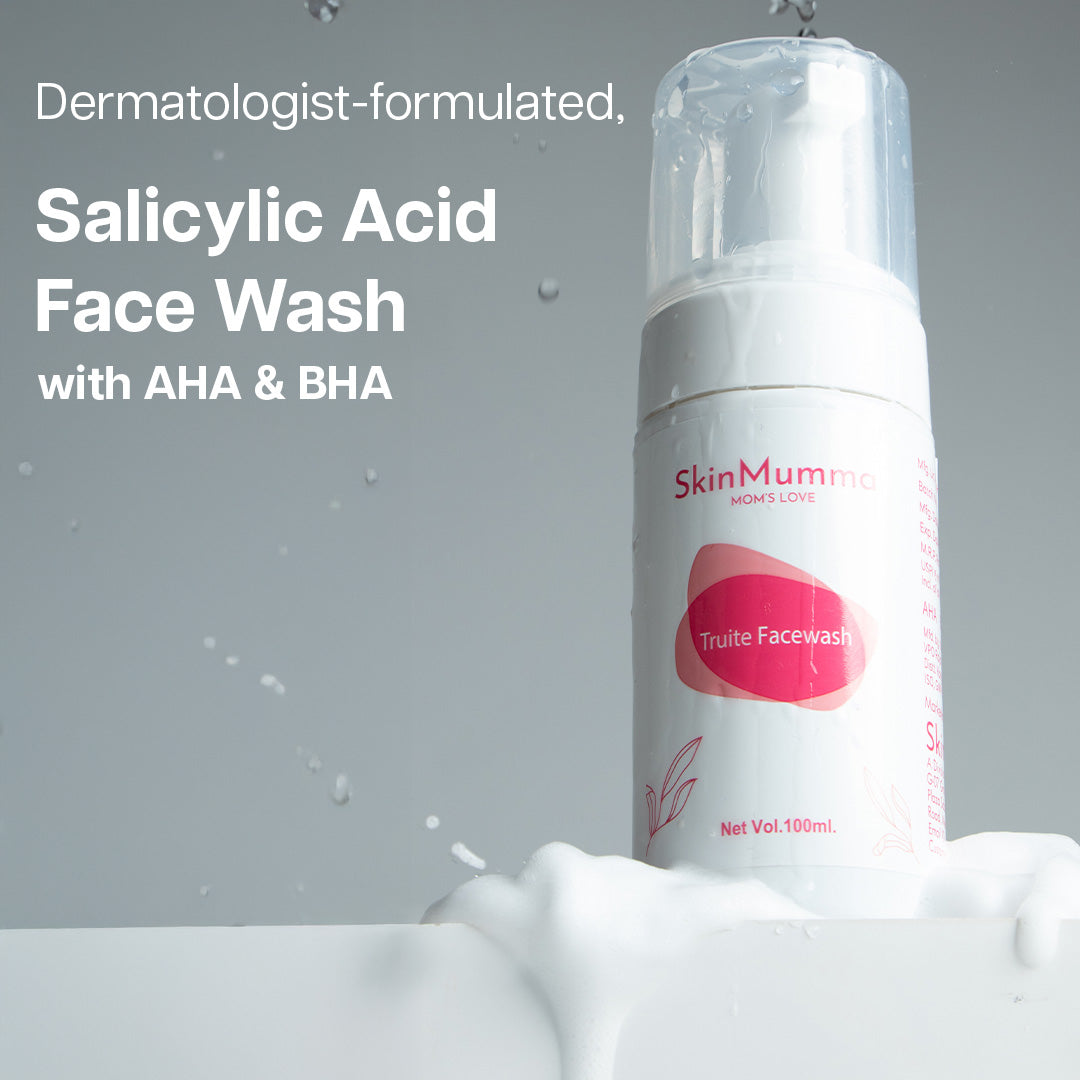
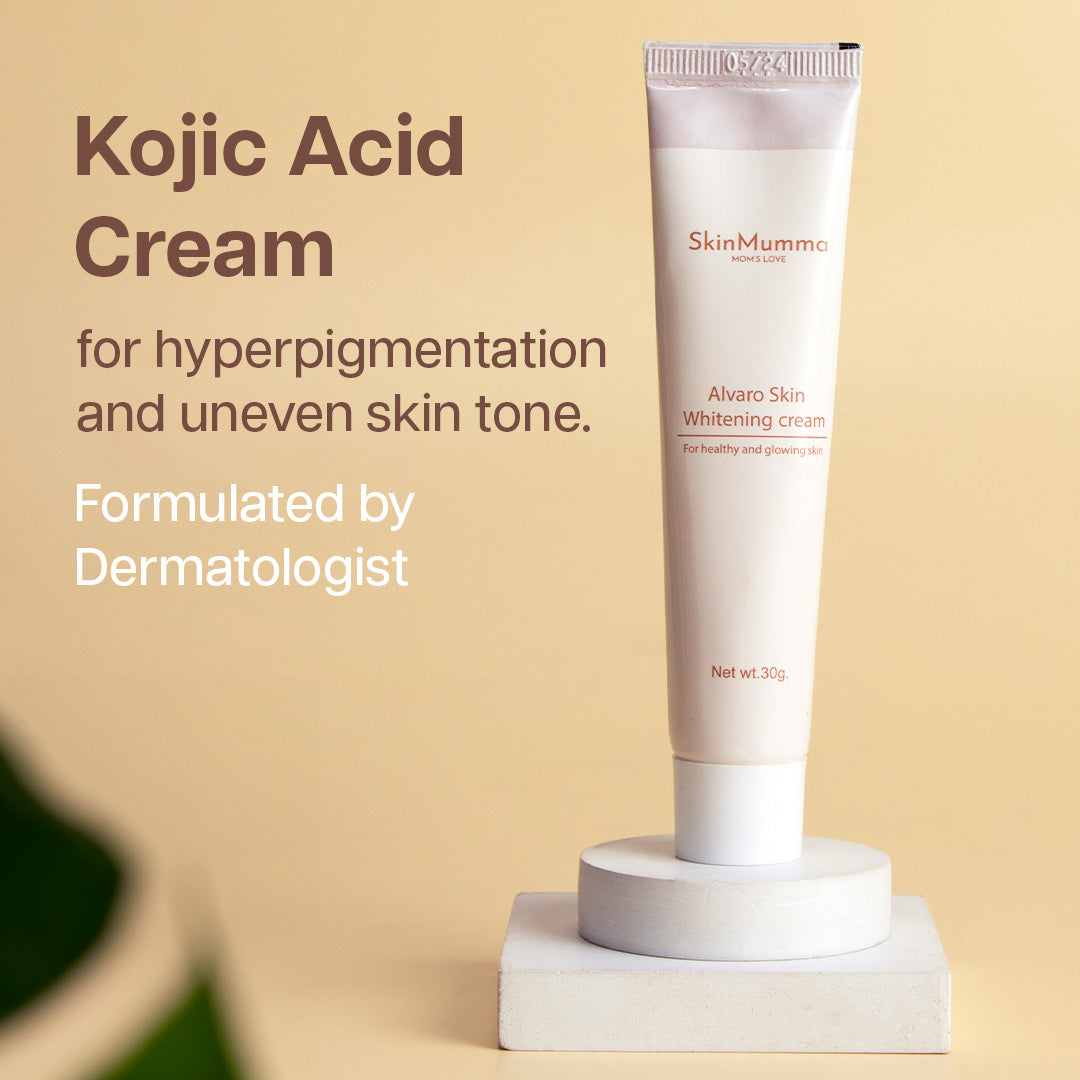
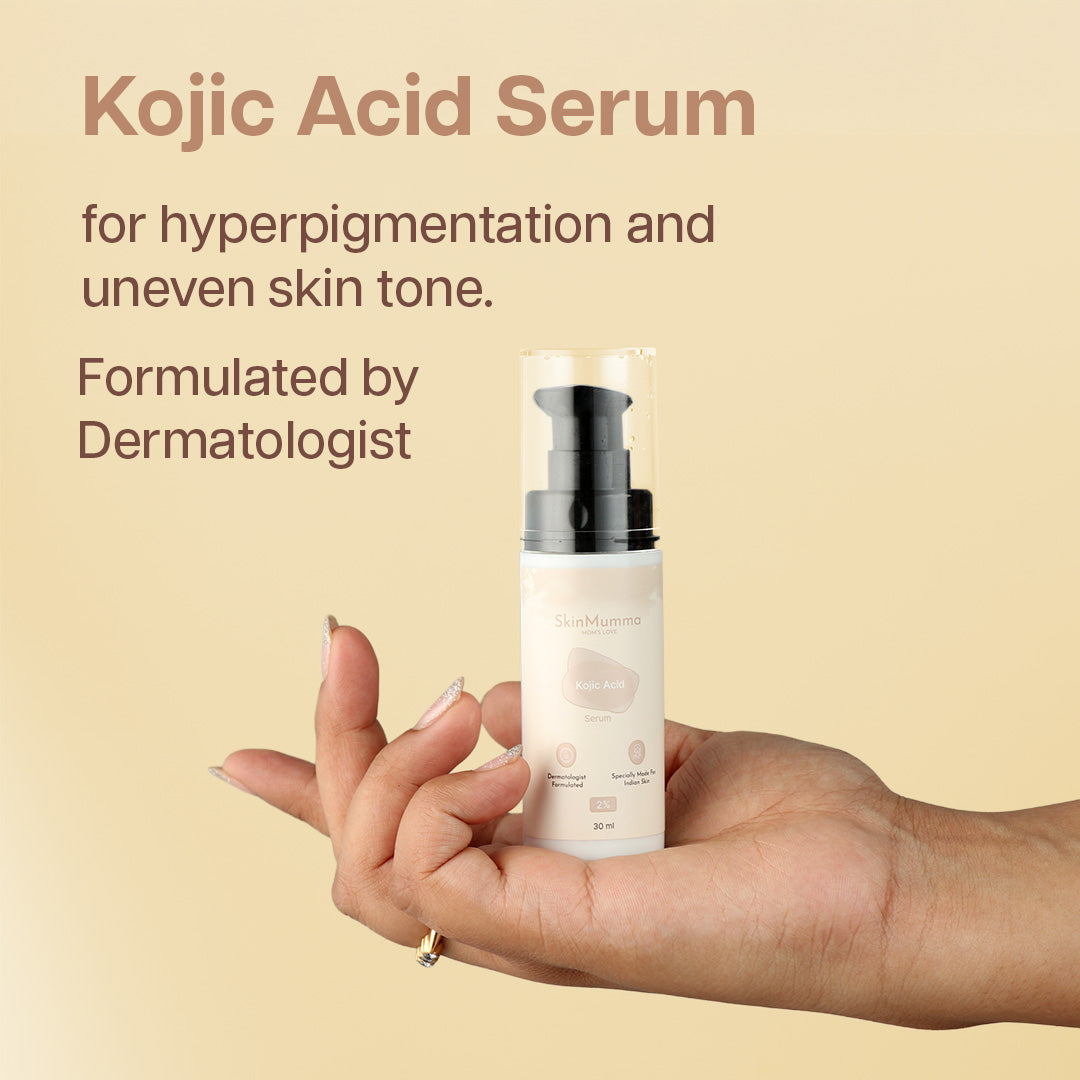
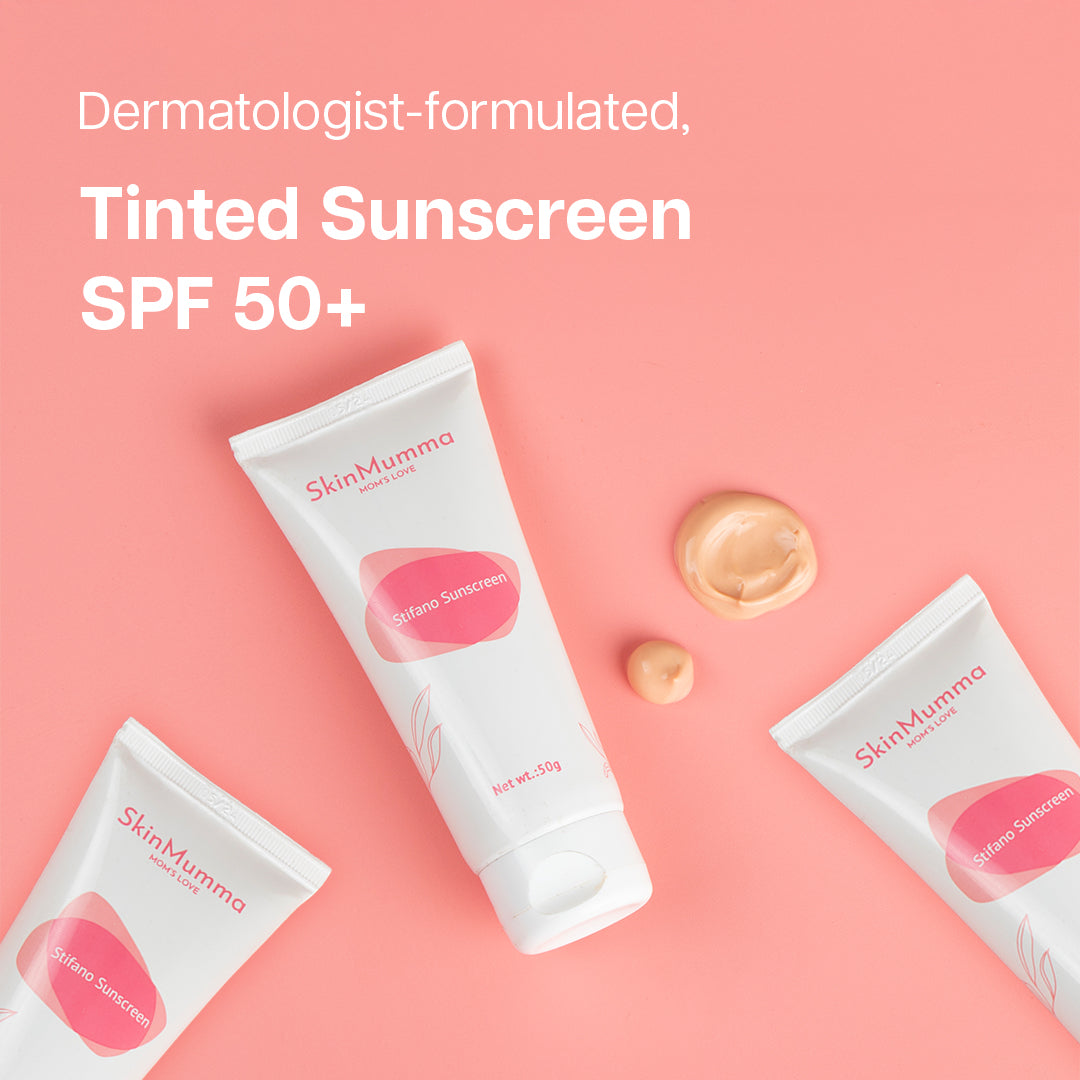
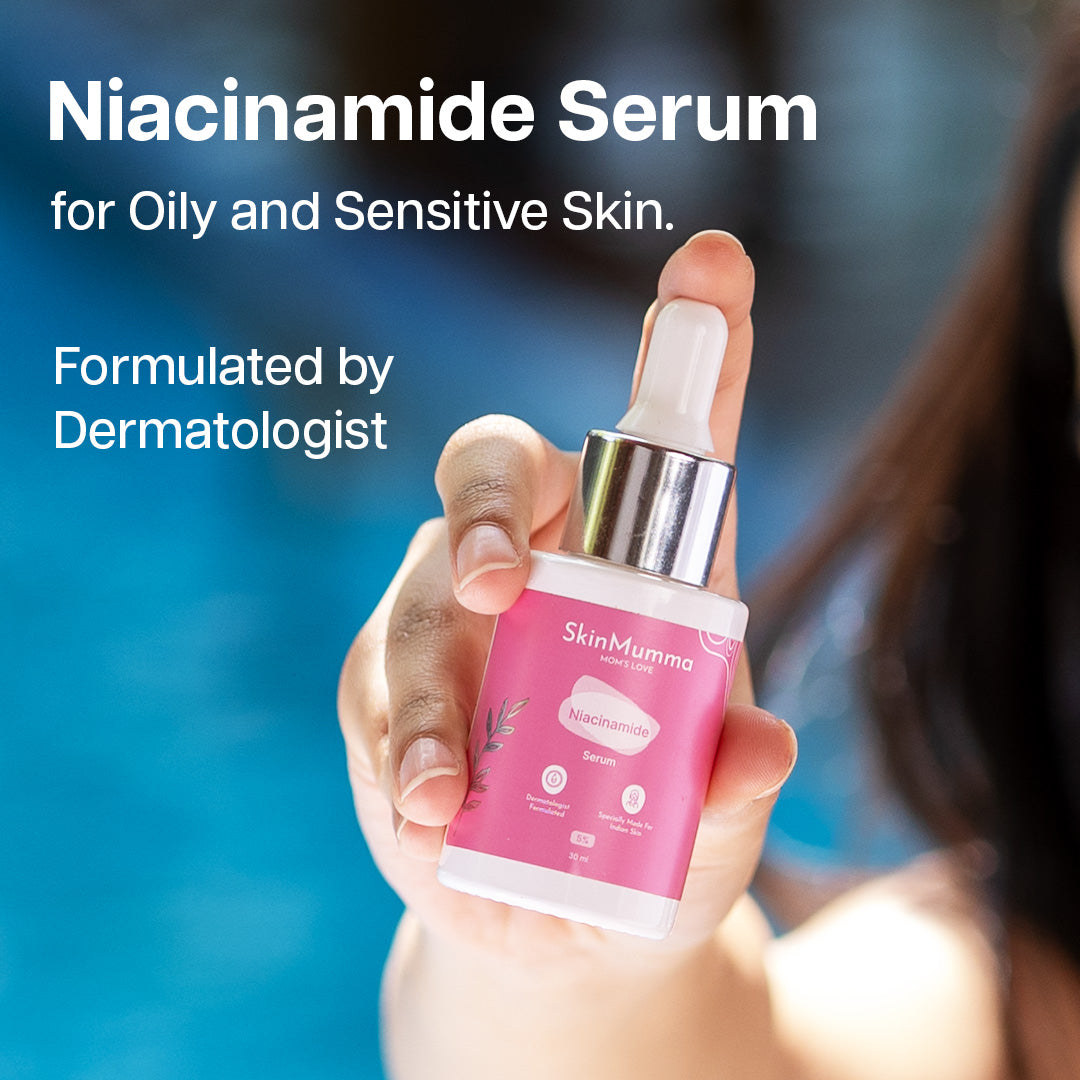
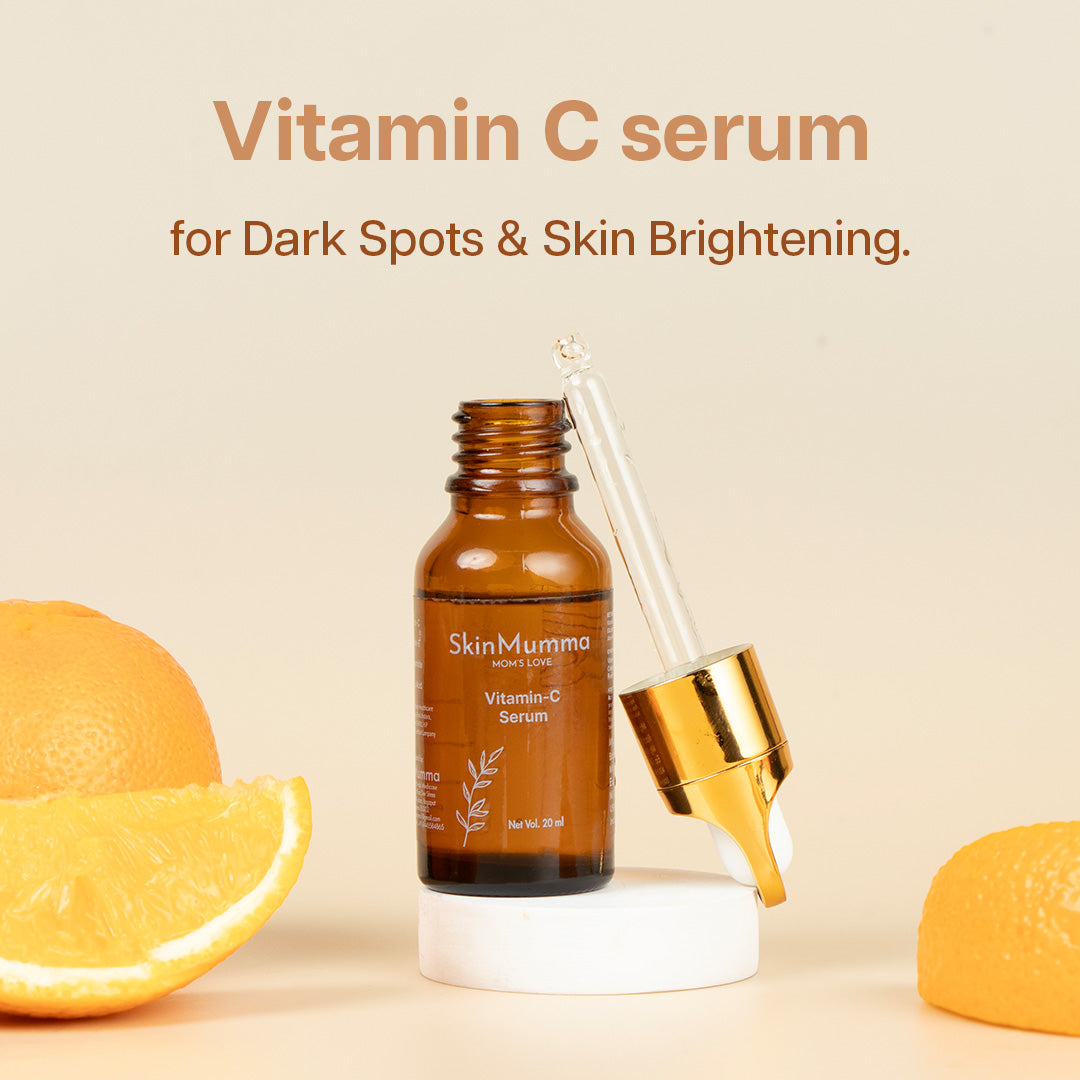




Dr Manisha Bindal is the senior dermatologist and laser skin expert with more than 25 yrs of experience in clinical practice. She has to her credit various advanced skin care procedures and Laser skin treatment protocols including chemical peels, fillers, threads and injections. You can trust the expert hands for any skin or hair related problems or any procedure if need be.